In 2018, amidst a rapidly evolving market landscape, predictions were made about the future of the UK estate agency industry. It was forecast that the traditional practices dominating the sector would face severe challenges within the next 5 to 10 years, suggesting a significant shift needed by 2023 to 2028. Now, as we step into 2024, these predictions have begun to materialise, revealing a stark divide between innovators and traditionalists in the field. It is not just a question of finding a new CRM, an entirely new way of working is required for survival, and it is not easy to do.
This divide is becoming increasingly evident among estate agencies. Those who heeded the warnings and adapted their business models are now experiencing a robust market position. These proactive agencies have shifted from traditional methods to more dynamic, customer-centric approaches. They've invested in technology, diversified their services, and rethought customer interactions, leading to a sustainable competitive edge. As a result, they are no longer compelled to compete primarily on fees, are not dependant on the portals and are charging more than ever, which translates into thriving business operations.
On the other hand, agencies that chose to stick with their conventional practices are facing dire consequences. These firms, which have not deviated from the paths they were on five years ago, report significant struggles. They are finding it increasingly difficult to generate sufficient revenue to attract and retain competent staff or to offer competitive salaries. Furthermore, the pressure to lower their fees to attract business is 'killing' them, leading to a cycle of declining service quality and customer dissatisfaction.
This emerging scenario underscores a critical and widening gap in the estate agency market. Those who have embraced change and innovation are setting new standards in the industry, while those who have not are rapidly falling behind. This gap, if left unaddressed, threatens to become unbridgeable, creating a market of haves and have-nots.
Self-employed models have only speeded up this road to catastrophe, with most using sub-par technology and working the good old 1990’s way, offering nothing more than before but for a lower fee. Leading to most being sold an unachievable dream, vs those self-employed models working a new way that are truly thriving from top to bottom and building unstoppable businesses in the process such as Avocado, By Design, and The Avenue.
As we look toward the future, the message to UK estate agencies is clear: the time for transformation is now. The industry landscape is shifting under the influence of technological advancements, changing consumer expectations, and new market dynamics. Estate agencies must find a business to partner with on this front, embrace the change to survive and thrive in the coming years.
It is easier said than done but if it is not a realistic option to rip up the rule book and build a business to thrive around the rules of the modern world, then now really is the time to consider selling up and getting out as without dramatic change your business will never be worth as much as it is today, even if that number is disappointing.
For agencies on the fence, consider this a final call to action. The 'sand timer' on making transformative decisions is quickly running out. To remain relevant and competitive, agencies must not just invest in technology, but invest into a new way of working, with a company that is proven to be able to help them complete the transformation on both the technological and human challenges. They must adopt more flexible business models and prioritise customer experience and what it is that will make them vital to the customer above all else, as explained brilliantly in the 2020 book ‘The Estate Agency Revolution – making your business vital’ by Mark Burgess.
The UK estate agency market is at a pivotal point. The predictions made in 2018 are unfolding, and the agencies that have adapted are now reaping the rewards. For those still operating under old paradigms, it's not too late to make a change, but the window of opportunity is closing fast. The future belongs to those who are willing to innovate and adapt, leaving no room for those unwilling to evolve.





